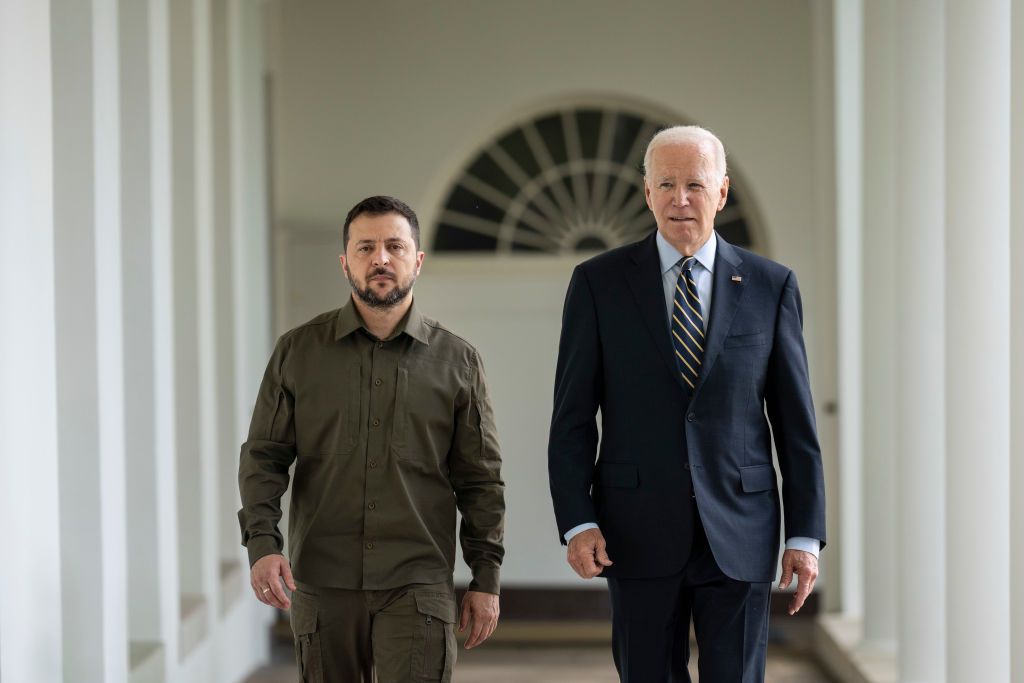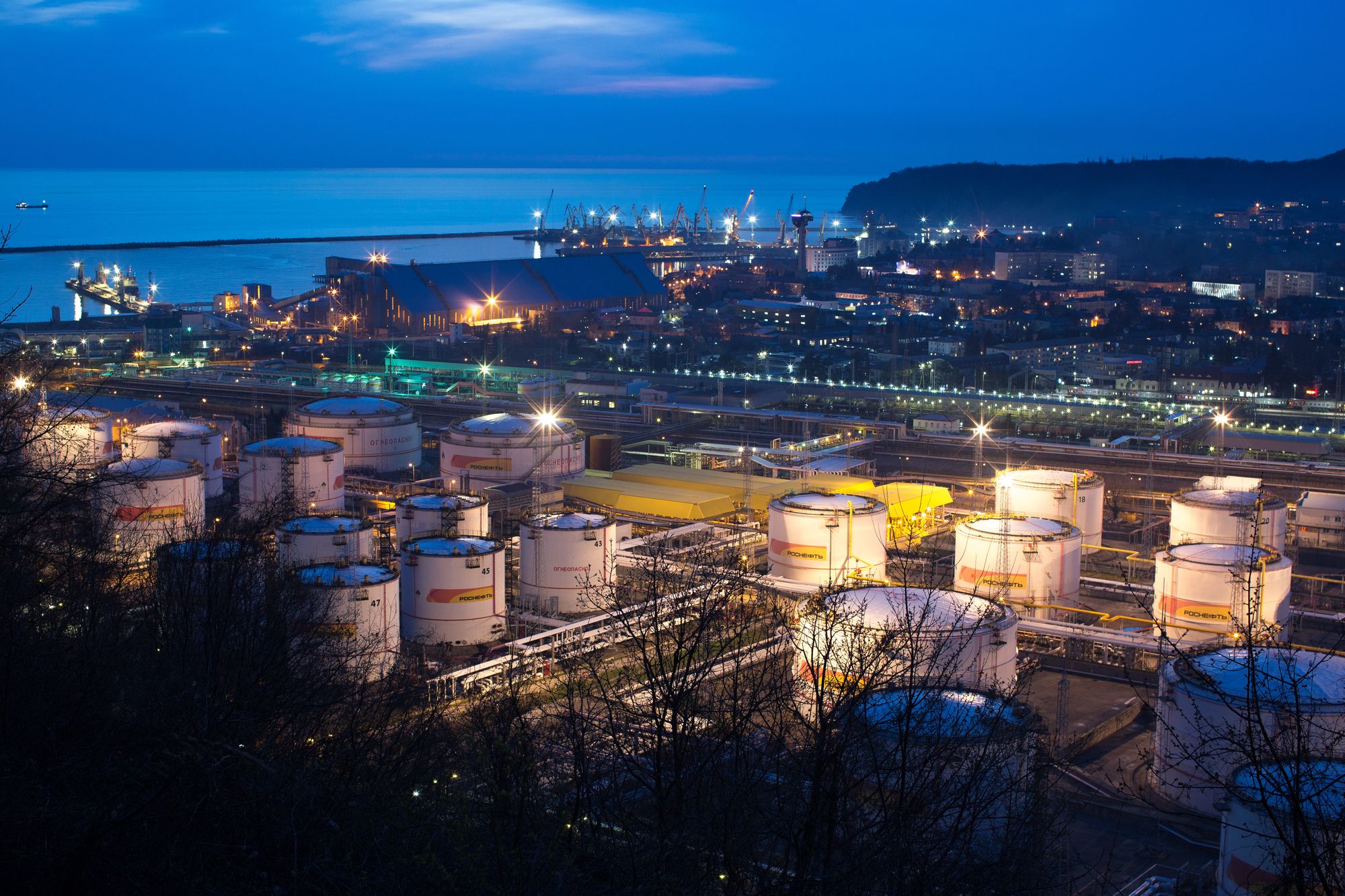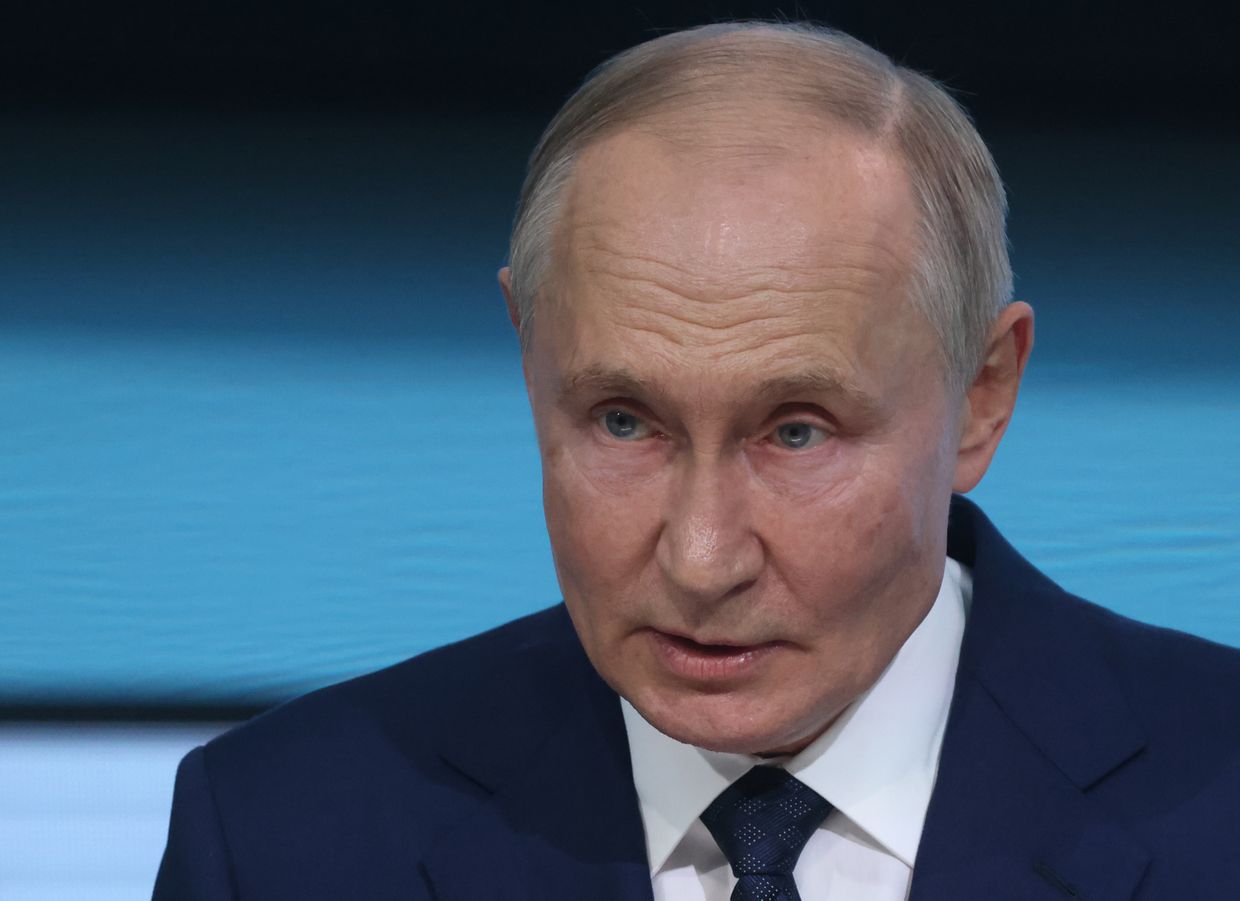Russia tried to establish ties with China and India in an effort to decouple from the West but faced new challenges along the way, The Wall Street Journal's (WSJ) analysis published on Sept. 20 said.
As the full-scale invasion continues, Western countries are imposing increasingly severe sanctions on Russia, forcing it to seek new partnerships with China and India.
Following the beginning of the all-out war, Russian trade with China, India, and other eastern countries increased, partially due to the sale of Russian oil at discounts. Cooperation with eastern partners was also facilitated by the fact that tankers could transport oil instead of stationary pipelines.
Russia was thus able to circumvent the Western price cap by transporting oil through a so-called shadow fleet of outdated tankers that were not subject to sanctions. This mobility has been crucial for Russia's resource-dependent economy, helping the Kremlin raise revenue to finance the war and support the sanctions-hit economy, according to the analysis.
In 2023, half of Russia's oil and petroleum product exports went to China, and India also became a major buyer, the media outlet said.
Redirecting natural gas proved to be more problematic, as most of Russia's exports went to Europe, particularly through the Nord Stream pipeline, which was cut off in 2022. Russia currently has limited capacity to transport gas to China, and Beijing has not yet authorized the construction of the Power of Siberia-2 gas pipeline between the two countries.
Natural gas can also be liquefied and transported on specialized tankers, but U.S. sanctions limit Russia's ability to do so.
Russia is trying to expand its outdated railroad infrastructure to Asia, as existing lines cannot cope with the growing trade volume. Bureaucratic disputes over capacity allocation have affected the rail-dependent coal industry.
The sector, which had priority access to the railroad, now competes with other cargoes, including timber, steel, and containerized shipping, bringing Chinese goods instead of European ones. Meanwhile, the analysis said that Russian coal exports to China are currently stagnating.
Moscow was counting on the melting ice in the Arctic Ocean to make the shipping route through Russia's northern waters a center of global trade, but U.S. sanctions have prevented Russia from getting icebreakers.
Russia also seeks to reduce the time it takes to export to the Indian market by using the so-called North-South transport corridor through Iran. Yet the lack of rail infrastructure in Iran, limited port capacity, and uncertainty over funding sources are delaying plans to make this route viable, the WSJ said, citing experts.
Russia has been adapting to Western sanctions, using smuggling and various schemes to acquire the sanctioned goods. Last December, Ukraine's state agency released a report listing roughly 2,500 foreign-made components found in Russian weaponry on the battlefield, with roughly three-quarters originating in the U.S.
Russia's allies transfer the required goods through third countries, bypassing sanctions. China, which has declared itself neutral in the war between Ukraine and Russia, is nevertheless one of Russia's largest suppliers of dual-use goods.

A historical ally of Russia, India has maintained its close economic and diplomatic ties with Moscow since February 2022, with bilateral trade reaching a historic high in 2023.
India overtook China as the world’s largest importer of Russian oil in July as Chinese refiners bought less due to lower profit margins from fuel production, Reuters reported on Aug. 22, citing a comparison of import data.
The Financial Times reported on Sept. 5 that Russia and India developed covert trade links so that the Kremlin could acquire components needed for its war effort.
Citing Russian state correspondence seen by the outlet, the Kremlin's industry and trade ministry acquired critical electronics and explored the possibility of building facilities in India to produce them.
The documents showed the plan was to be financed by "significant reserves" of rupees amassed from oil sales to and would source goods "previously supplied from unfriendly countries."














